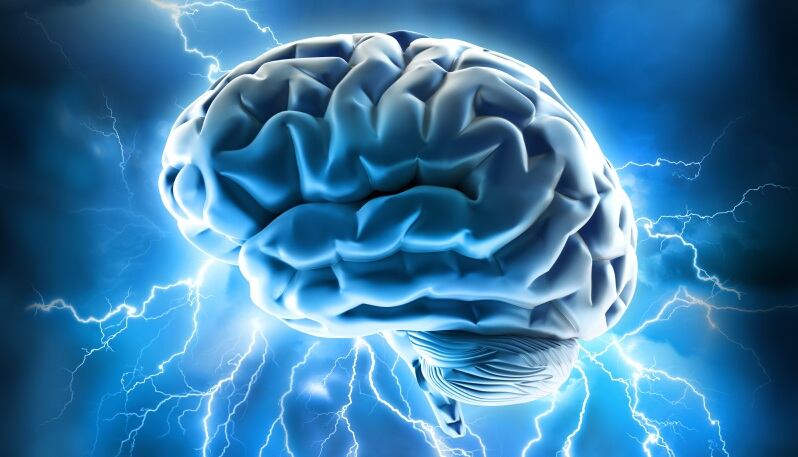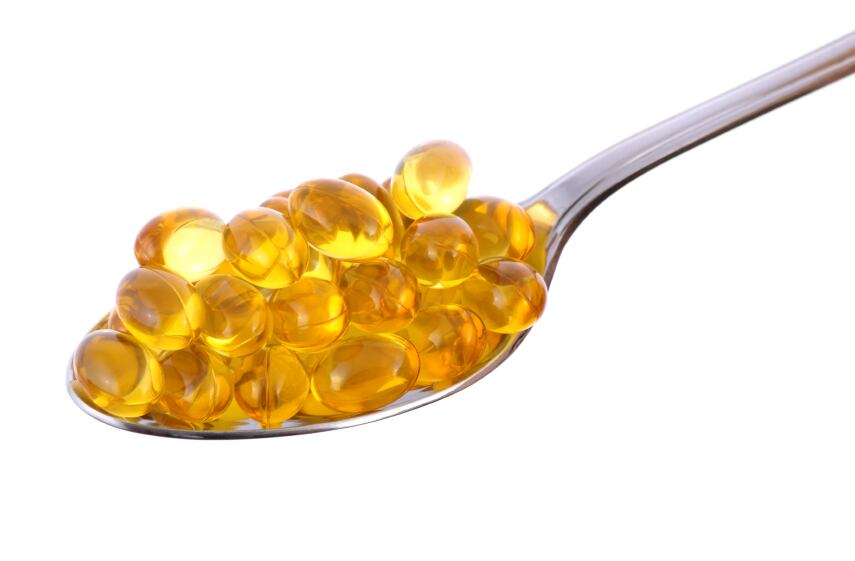“Because pharmacological doses of vitamin E were not a magic bullet in preventing cancer and cardiovascular disease, scientists and health professionals have dismissed vitamin E as a nutrient of interest,” said Michael McBurney, PhD, director of scientific affairs for DSM Nutritional Products, North America.
“This is unfortunate for two reasons,” he added. “Firstly, those randomized controlled trials were conducted at a time when most people were supplementing with vitamin E and the intake of polyunsaturated fatty acids was much lower, and, secondly, vitamin E intakes have fallen since 2006.”
Indeed, data from longitudinal studies shows that the prevalence of vitamin E supplementation has fallen from 44.3% in 2002 to 19.8% in 2006, added Dr McBurney.
“Vitamin E is an overlooked nutrient,” he added. “Like dietary fiber, calcium, vitamin D, and potassium, the 2010 Dietary Guidelines of America should have declared vitamin E as a ‘nutrient of concern’ because ‘What We Eat in America’ finds that over 90% of Americans are not consuming the Vitamin E RDA. And the situation is worsening.”
In the context of brain health, Dr McBurney explained that vitamin E’s antioxidant effects play a key role protecting membranes for oxidation, and omega-3 fatty acids from peroxidation (97% of the omega-3 fatty acid docosahexaenoic acid (DHA) is found in the brain).
“Free radicals are thought to be important mediators of oxidative stress in the brain which is associated with Alzheimer’s disease and stress,” he said. “Reduced levels of vitamin E and biomarkers of oxidative stress have been measured in individuals with Alzheimer’s and mild cognitive impairment.”
The vitamin E family
There are eight forms of vitamin E: Four tocopherols (alpha, beta, gamma, delta) and four tocotrienols (alpha, beta, gamma, delta).

The majority of the science in the past has looked at vitamin E in the alpha-tocopherol form in the context of cardiovascular disease, cancer, and eye disease.
Recent data from the Karolinska Institutet in Stockholm, Sweden has indicated that all plasma vitamin E forms may play a role in brain health.
A paper published in the Neurobiology of Aging found that the risk of mild cognitive impairment (MCI) was 15% and 8% lower in people with the highest levels of tocopherols and tocotrienols, respectively.
There was also a link to Alzheimer’s Diseases, said the researchers: Participants with MCI and Alzheimer’s also displayed higher blood levels of markers of vitamin E damage (alpha-tocopherylquinone, 5-nitro-gamma-tocopherol).
“In our study, the depletion of all plasma vitamin E forms, together with the increased indexes of vitamin E oxidative/nitrosative damage were shown in both AD and MCI, supporting the hypothesis that [oxidative and nitrosative stress] are early phenomena in AD, and suggesting a potential role of vitamin E in neurodegeneration,” they said.
Tocotrienols
There is also science to support brain health benefits for tocotrienols only. Bryan See, the regional product manager for tocotrienol supplier Carotech Inc, said that vitamin E has long been heralded as an important nutrient in dietary supplement formulations for brain health, particularly in relating to improving cognitive performance.
“However, most of these products contains only one form of vitamin E – ie : the regular alpha-tocopherol vitamin E,” he said.
“Not many people are aware of the other forms of vitamin E or the unsaturated form of vitamin E – ie : tocotrienols, that have recently shown to be a more potent form of vitamin E in protecting the brain from stroke-induced injuries / neurodegeneration as well as improving cognitive functions among the elderly.”
A spokesperson for tocotrienol supplier American River Nutrition said that there has been some, but not a lot of research on tocotrienols and brain health.
“The main research has been on alpha-tocotrienol and its effect on trauma-induced stroke,” she said. “However, there is some promising research on gamma-tocotrienol and prevention of neuron degeneration, as well as the effects of delta-tocotrienol on an autosomal nerve disorder called familial dysautonomia.
Stroke
Carotech’s See said that, according to studies funded by NIH, d-alpha-tocotrienol is one thousand times more potent than d-alpha-tocopherol in protecting brain cells (neurons) from neurodegeneration caused by stroke and trauma-related injuries.

The company’s Tocomin and Tocomin SupraBio have been used in studies on brain health, specifically on stroke-related brain cell injuries, said See.
“Professor Chandan Sen of the Ohio State University Medical Center (funded by the US National Institute of Health) first showed that extremely low concentration (at the nanomolar level) of tocotrienol, but not alpha-tocopherol, prevented glutamate-induced brain cell death, a physiological phenomenon that occurs in the brain during a stroke event,” he explained. “Not only does the tocotrienol prevent stroke-induced injuries, tocotrienol affected complete recovery of dying neurons even when tocotrienol was introduced several hours after glutamate challenge.” [The Journal of Biological Chemistry, 2000, Vol. 275, pp. 13049-13055]
See noted that the company’s Tocomin SupraBio ingredient is currently being used in ongoing clinical trials, including a recently completed randomized, double-blind, placebo-controlled clinical trial conducted at the School of Pharmaceutical Sciences (University of Science Malaysia) with human volunteers with white matter lesions (WML, silent strokes). [http://clinicaltrials.gov/ct2/show/NCT00753532]
“The results of this clinical study are extremely encouraging. Regression of WMLs in terms of numbers and size in the brain were observed after 1-2 years of supplementation,” he said. “This is to date the largest clinical trial on tocotrienols and the full results will be published soon.”
